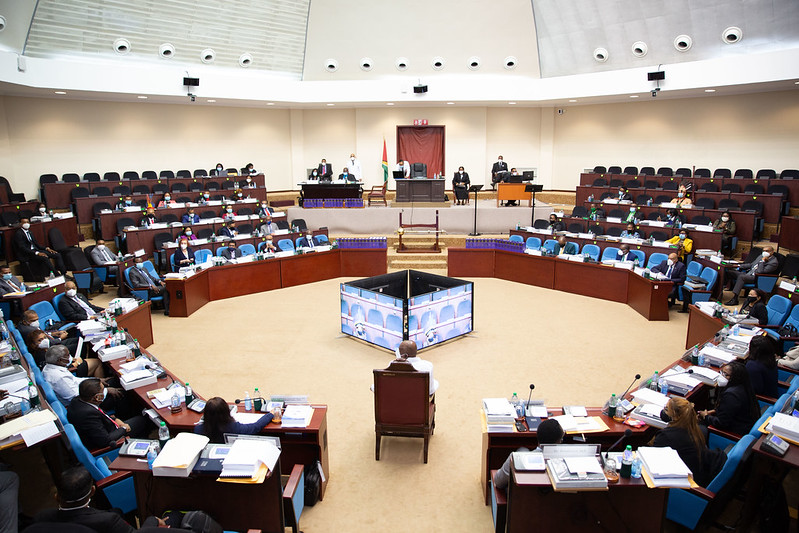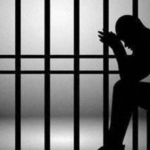
The National Assembly early this morning passed an Amendment Bill which clears the way for the decriminalization of ‘cross-dressing’
The Bill amends the Summary Jurisdiction (Offences) Act of Guyana by deleting a section of the Act which makes it an offence for any person to dress as the opposite gender, in a public place, for any improper purpose.
The Bill was presented by the Attorney General and Minister of Legal Affairs, Anil Nandlall.
The Attorney General said although the Government received some criticism for the piece for legislation, its hands were tied because the Caribbean Court of Justice ruled in 2018 that the provision which made cross-dressing a criminal offence was unconstitutional.
I am told that some people have some strong Christian views, well in a liberal, secular society, in a democratic nation, you are entitled to those views, but the Constitution says, civil liberty says that those are people are also entitled to dress in that way,” the Attorney General said.
Nandlall said civilization and democracy compel a peaceful co-existence and that the world has now moved to the thinking that “we are all God’s creation”.
While there was pushback from some Opposition Members of Parliament, Opposition frontbencher and AFC Leader Khemraj Ramjattan dressed the legislation with his blessings.

“I will support it to the extent that it is logically concluding that episode of where cross-dressing is an offence because it violates the human rights of the persons who wanted to crossdress and especially in the context when they are not creating any harm, so I would like to support it but also signal also that that which is a personal liberty is very much a personal issue, a freedom of choice issue comes into play and we must remember that,” Ramjattan said.
In a 2018 ruling, the Caribbean Court of Justice said that the provision which banned cross-dressing is to be struck from the laws of Guyana.
The case was first heard in the local Courts but eventually made its way to the Caribbean Court of Justice after the local Courts found that it would be against the law for a member of one sex to dress in clothing of the other sex for an improper purpose.
The case had its genesis in the arrest of transgenders Quincy McEwan, Seon Clarke, Joseph Fraser and Seyon Persaud who had been arrested and charged by the Police for cross-dressing.
They were supported by the Society Against Sexual Orientation Discrimination (SASOD. The appellants took their case to the CCJ arguing that the law violated their constitutional rights to equality and non-discrimination and freedom of expression, thereby offending the rule of law.

















You must be logged in to post a comment Login